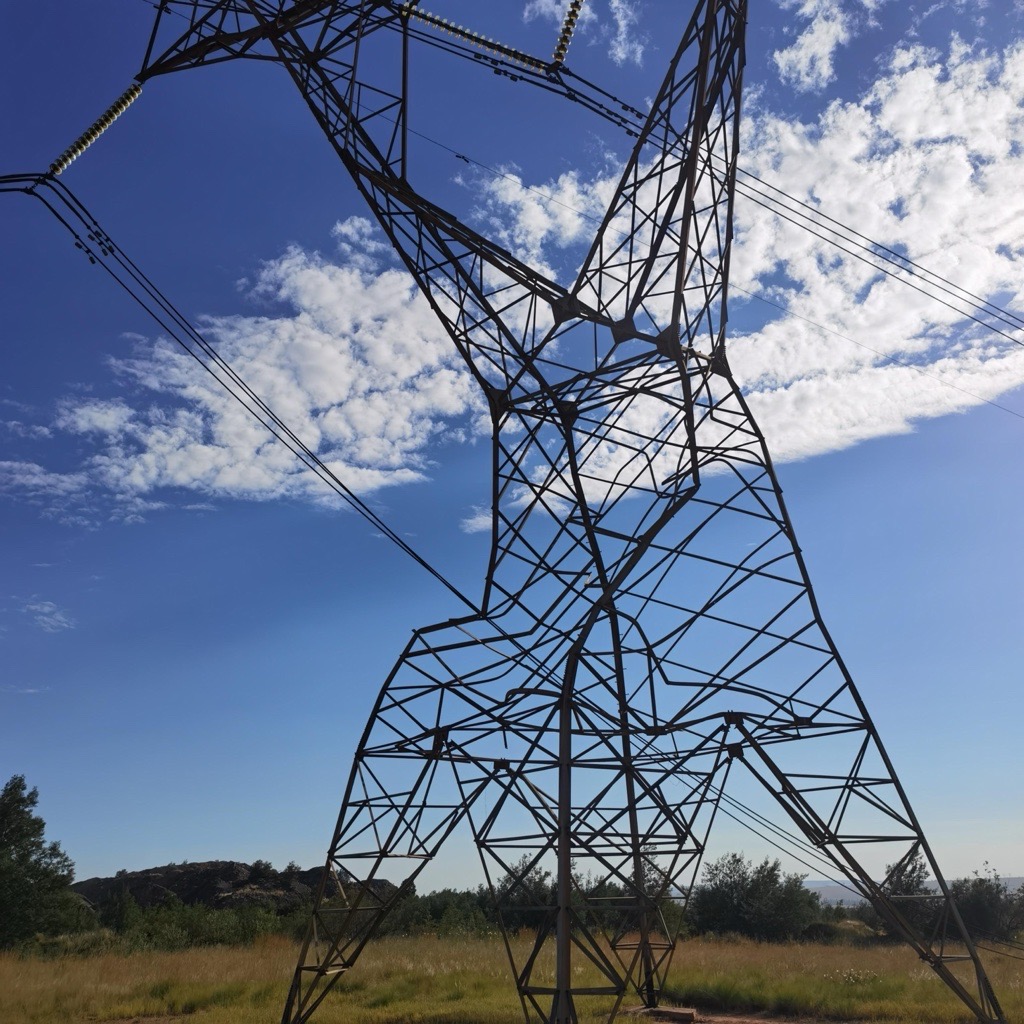As the world gravitates towards sustainable energy sources, South Africa is emerging as a significant player in the solar energy sector.
According to a recent report published in February 2024, the South African solar energy marketplace is poised for remarkable growth, projected to increase by approximately ZAR67, 593 729,26 million with a staggering compound annual growth rate (CAGR) of 32.03% from 2024 to 2028.
The potential is no less powerful than the risks.
Market analysis and data interpretation into the various aspects of the solar energy market in South Africa, highlights key trends, segments, drivers, and challenges influencing this dynamic landscape.

Market segmentation and trends
The solar energy market in South Africa is segmented based on application, end-user, and technology.

By Application: The market is classified into grid-connected and off-grid systems. The grid-connected segment is currently the largest and fastest-growing segment, attributed to its efficient supply of solar energy directly to buildings, allowing excess power to be fed back into the grid.
By End-user: The primary end-users are categorized as utility and rooftop installations. As urbanization increases, rooftop solar systems are witnessing rising demand, particularly in residential areas, encouraging sustainable energy solutions.
By Technology: Solar photovoltaic (PV) systems and concentrated solar power (CSP) systems are the two main technologies shaping the market. Continued advancements in PV technology are crucial, providing cost-effective and efficient solutions for energy generation.
Market drivers
A crucial factor contributing to the growth of the solar energy market in South Africa is the country’s abundant sunny climate, with daily sunshine averages of 8-10 hours in most regions. This unparalleled solar radiation presents an optimal environment for solar energy utilization, making it one of the most accessible resources in the country.
Additionally, the push towards renewables in the transport sector is gaining momentum. For instance, Cape Town’s Electric Vehicle Framework aims to leverage the rollout of electric vehicles (EVs) powered by renewable energy, which is anticipated to drive the adoption of solar energy sources further.
Government policies and investments are also vital in enhancing solar energy capacity. As the demand for energy continues to rise, innovative solar projects and increased capacity are crucial for meeting the electricity needs of the country, primarily as traditional power plants struggle to keep pace.

Challenges facing the market
Despite the positive outlook, the solar energy market in South Africa faces several challenges. The abundance of fossil fuels, poses significant competition.
In 2023, fossil fuels still accounted for approximately 85% of South Africa’s electricity generation, highlighting the prevailing reliance on these energy sources.Moreover, the establishment costs of renewable energy farms can be high. Many consumers still prefer the familiarity and reliability of fossil fuels due to their current cost-effectiveness and infrastructure support. Therefore, overcoming these barriers will be crucial for the solar market to flourish in the coming years.
Competitive Landscape
The South African solar energy market is characterized by a fragmented structure with numerous players vying for market share. Key companies in this domain include ARTsolar Pty Ltd, Canadian Solar Inc., and JinkoSolar Holding Co. Ltd., among others. These companies adopt various strategies such as partnerships, mergers, acquisitions, and product launches to establish a robust market presence.
Future Outlook
The South African solar energy market holds a wealth of opportunities and challenges that will shape its future trajectory. By capitalizing on regional solar potential, enhancing grid connectivity, reducing reliance on fossil fuels, and fostering robust partnerships, the country can pave the way for a sustainable energy future. As businesses and investors align with the shifting energy paradigm, the next five years may be the most transformative yet for solar energy in South Africa.

In conclusion, the rapid growth of the solar energy market in South Africa reflects not just a shift in energy strategy but an essential pivot towards sustainability, economic resilience, and energy independence. Stakeholders across segments should continuously monitor the evolving landscape to leverage growth opportunities and mitigate challenges effectively. As the energy sector transitions towards a greener future, South Africa’s solar journey is undoubtedly one to watch.










